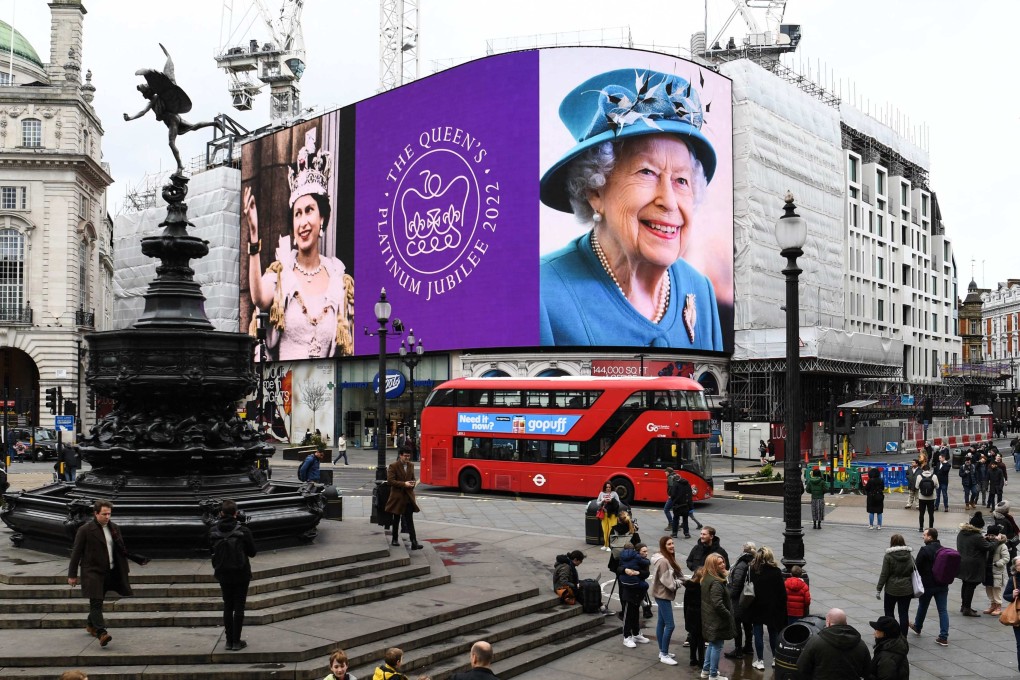Letters | As Queen Elizabeth reaches a 70-year milestone, her commitment to duty offers a lesson to self-serving leaders
- Readers discuss the impact of Queen Elizabeth’s long-running reign, and the legacy of Pakistan’s former first lady and pioneer of women’s rights Ra’ana Liaquat Ali Khan

Later this year, God willing, the queen will surpass Johan II of Liechtenstein and King Bhumibol Adulyadej of Thailand to become the second-longest reigning monarch in all history, with the record currently held by King Louis XIV of France at 72 years and 110 days on the French throne.
In an era defined by the increasing corruption and ineffectiveness of the democratically elected political elite worldwide, the queen has been a remarkable beacon of stability and duty, embodying the principle of service before self.
In a statement released by Sandringham House, the queen renewed the vow she first made on her 21st birthday in 1947: “I declare before you all that my whole life whether it be long or short shall be devoted to your service”.
History will record that the queen has remained true to her word, and we can only hope that more world leaders follow in her example.
Nicholas Tam, Sai Ying Pun